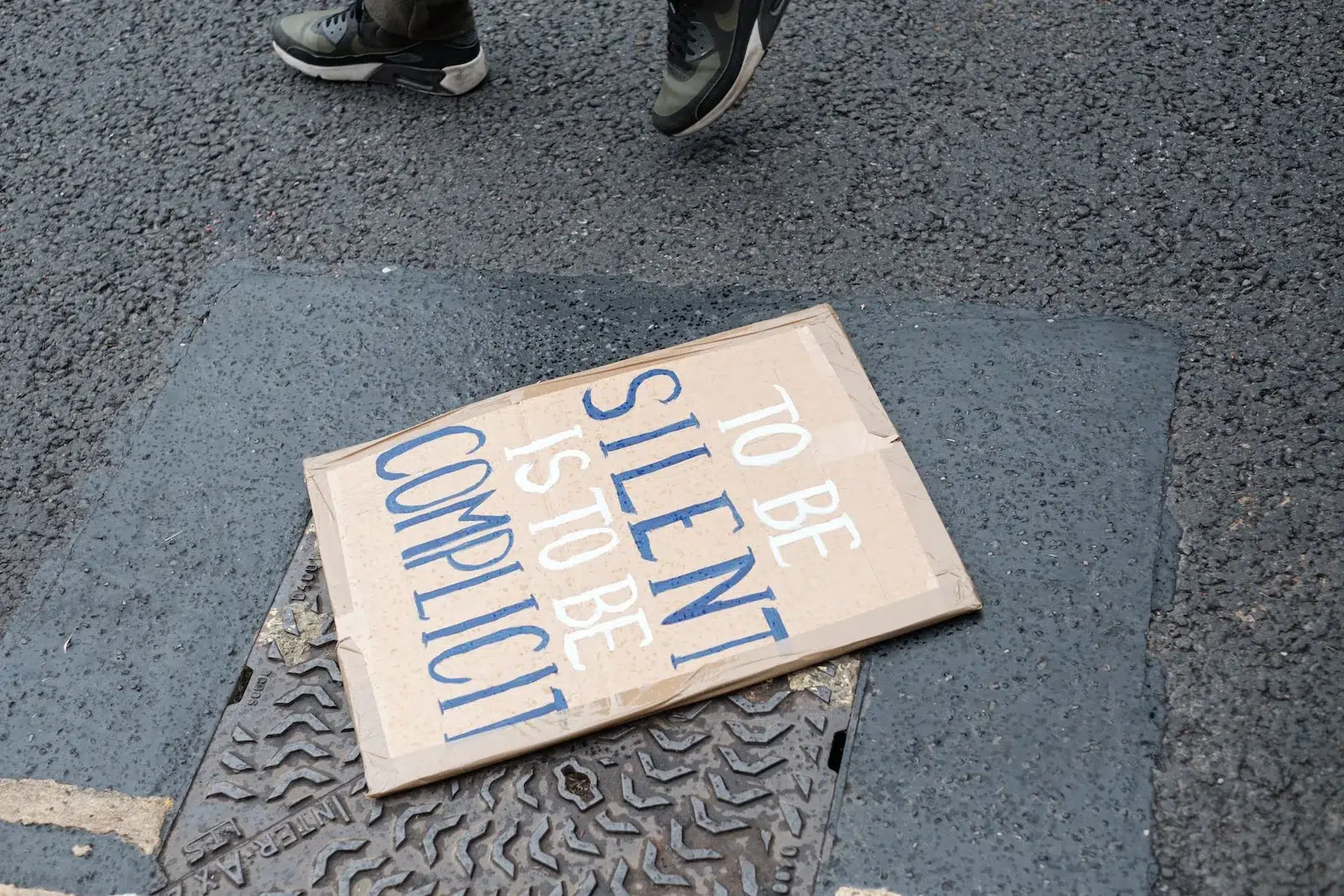Recently, we published an article detailing the experience of a woman who faced discrimination during a job interview due to her choice to wear a hijab. To our astonishment, many comments sided with the company, labeling their decision as a mere “preference” rather than discrimination.
This incident serves as a stark reminder of the blurred lines between personal choices and prejudiced actions. As we delve deeper into the nuances of preference and discrimination, we’ll frequently refer to this incident as a poignant example.
Preference vs Discrimination: Understanding the Basics
Ever had a favorite flavor of ice cream or a type of music that just speaks to your soul?
That’s a preference.
It’s those little choices we make every day, based on our personal tastes and experiences. Like choosing chocolate over vanilla or opting for city life over the quiet countryside. It’s personal, and usually, it’s pretty harmless.
Now, this is where things get tricky. Discrimination isn’t just about choices. It’s about making unfair judgments or treating people differently based on things like their race, gender, age, or beliefs.
Take the case of the woman in our previous article: being passed over for a job because of her hijab isn’t a matter of preference; it’s discrimination.
Preferences are what we like. But sometimes, if we’re not careful, they can slide into discrimination, especially if they’re rooted in biases.
Say you’re hiring someone and you lean towards a candidate because they went to your alma mater.
That’s a preference.
But if you overlook another candidate just because of their background or attire, as in the case of the hijab-wearing applicant, that’s discrimination.
Finding the Balance
Our preferences make us unique. They shape our identity, influence our culture, and even dictate our hobbies. They bring vibrancy and diversity to our world, sparking creativity and fresh ideas.
On the flip side, discrimination is a dark cloud. It divides us, fosters negativity, and can even lead to conflicts.
When discrimination seeps into places like our workplaces or schools, it can stifle opportunities and hold back entire communities, as evidenced by the experience of the woman in our article.
It’s all about self-awareness. We need to embrace our preferences but also be alert to ensure they don’t become biases. By educating ourselves and being open to introspection, we can enjoy our personal inclinations without inadvertently harming others.
The Tea?
While preference and discrimination might originate from the realm of choices, they have vastly different impacts on our world.
Preferences add color to our lives, while discrimination can cast a shadow.
The incident with the hijab-wearing job applicant underscores the importance of distinguishing between the two. It’s up to us to cherish our individuality but also ensure our choices uplift rather than divide.









What do you think?
It is nice to know your opinion. Leave a comment.